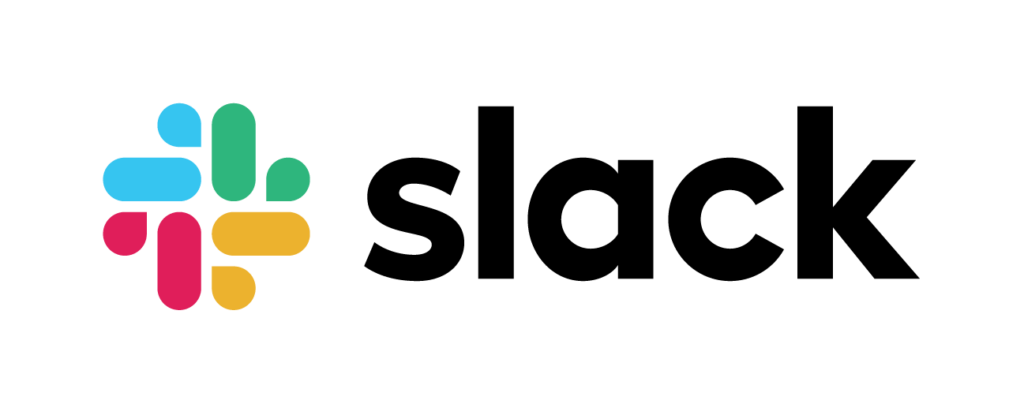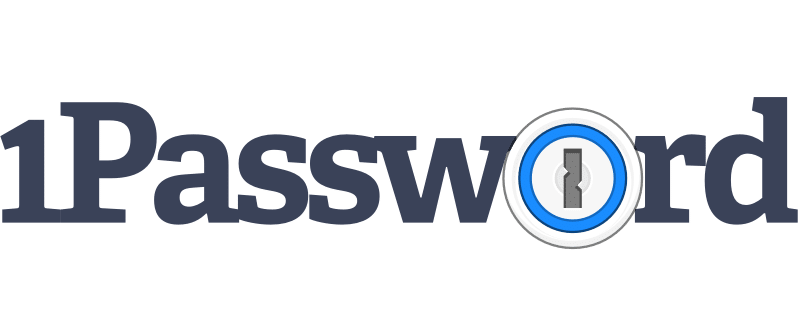Any job requires planning, organization and communication, but remote work needs all of those things ten-fold. Working remotely comes with its own set of distractions, depending on how and where you work. Distractions might happen in the form of the hustle and bustle from your favorite coffee shop or the attention needed by your pets or young children. In my experience, working from a home office tends to have a series of challenges to overcome day-to-day problems that could prevent me from getting work done, if I wasn’t otherwise prepared to handle it.
It’s important to get yourself working in a way that makes sense for you so that you remain organized, working efficiently and well-connected. Here are a set of recommended tools doing just that, while you work remotely. These are, admittedly, the ones we use or that I like best, but I’ll list a few alternatives with each, too.
Slack

This recommended tool is probably not a surprise. Communication, in my book, is the most critical aspect of any successful relationship—work or personal—it makes no difference. Slack is an excellent chat-like environment for teams. It permanently removes the needs for email and internal interaction via any other forms of communication.
Slack is broken down into channels, which can organize related discussions. It provides the ability to have group and private chats as well, although I imagine these won’t be necessary for most companies. Slack also provides VoIP calling, screen sharing, and interactive desktop sharing (meaning I could interact with your screen).
Additionally, the platform offers a fairly robust search functionality, reminders, and integrations with an extensive database of productivity tools like Google Docs, Jira, GitHub, and more. Slack is a must for teams, but several others aim to connect your and your workforce in similar ways. A few of those are: HipChat, Mattermost, and Flock.
Zoom

Zoom is one of the better options out there for voice and video chats along with some minimal screen sharing features. Slack offers a voice, video, and screen-sharing options. However, Zoom does do a better job of handling a more significant number of people at any one time with minimal issues on slower internet speeds. There are also options for scheduling and reoccurring meetings, which can be helpful for those weekly scrums.
Zoom tends to be the industry standard, but many alternatives exist. Those include, but are not limited to: Skype, Join.me, Google Hangouts, or GoToMeeting. It’s all about what you need and how many people you need to host at any given time.
Project Management (PM)
This one was hard for me to nail down. Project management tools aren’t one size fits all. Slack and Zoom tend to be “industry standard” for communication, but each company handles projects differently. I’m going to recommend a few of the most popular along with a few less-common alternatives.
Jira
Jira is one of the largest and most popular productivity tools made by Atlassian. It has planning and tracking tools and integrates directly into a large number integrations they offer via their Marketplace. Jira offers multiple views of the same data, one of which is a Kanban board, similar to Trello.
Trello
Trello is another bit of productivity/organizational software made by Atlassian which offers a Kanban board-style group of lists and task. Trello offers integrations as well, but is far less robust compared to Jira.
Asana
Asana is a bit more geared toward timelines and goals. Like Jira or Trello, it offers multiple views for handling and assigning tasks as well as support for many different workflow solutions. Asana doesn’t have the same sort of integrations, but with all that it tries to accomplish, I doubt you’d need it.
Monday
Monday is a bit of a newcomer to the PM game. Monday claims to make collaboration and organization as easy as pie, offering multiple ways to view data, plan projects, and track progress. Monday integrates with Slack, Trello, Google Docs, etc. and boasts a large number of uses, which can be viewed here.
Other PM Tools
I use Notion to document, track, plan and organize my work. Though it’s not for everyone, it markets itself as an all-in-one work space for planning, writing, collaboration, and organization. If anything, it’s downfall might be that it’s got too much going on.
Several other tools are out there with varying accolade including Float, Basecamp, Zenkit, or Ora. My advice would be to check them all out, figure out what you need, what you want to accomplish, and what will work best with your team’s workflows.
Simple Task Management
If you do not need to track entire projects or aren’t in the market for a project management tool, something like Notion is excellent for keeping thoughts organized. There are others out there for simple task management/assigning like Todoist, Wunderlist (acquired by Microsoft, and will eventually be shut down in favor of Microsoft To-Do), or MeisterTask. Evernote is a trendy option for organizing thoughts and notes but doesn’t do a super great job with tasks in my opinion.
Code Management
We are all probably aware of BitBucket or GitHub for managing full repositories, or “repos,” but we don’t always want to house our code in a repo if we’re only working through ideas or need to save a bit of code we reuse over and over. For that, we can leverage a bunch of different tools to keep our working repos clean and troubleshoot and problem solve along the way—not to mention keeping track of cool code snippets that we might want to refer to later.
Gist
Gist by GitHub is my preference both because I fully back the open-source community and also because it is a reasonably simple way to keep bits of code and dev notes in a place I’m fairly sure I’ll find it a year from now or two. Sharing and keeping track of edits is as easy as a single click. It’s super helpful when someone might ask for a bit of code in short order.
CodePen
CodePen is fantastic for working out more complex proof of concept ideas, or just testing a feature before implementing it. I tend to take advantage of CodePen to work through a problem quickly or without all of the other features that might already exist on a working project. Alternatively, you might find JSFiddle just as useful, although CodePen has the bonus of a development community and other developers doing the same thing, which can come in handy for inspiration.
Others
Cacher (formerly GistBox) along with SnippetsLab (macOS only) are standalone apps that provide a desktop code snippet functionality, although I personally prefer a web-hosted service so I can access my snippets anywhere without relying on needing an app or a certain operating system to do so.
Documentation
Documenting and sharing is exceedingly essential when working remote since you can’t just sidle up to your office mate and ask their opinion on something. You need to send screenshots and citation to make questions and answers easy. There are a lot of services out there that make this a little bit easier, but here are a few below.
Screenshots
Skitch by Evernote is a screen capture and notation app which makes the ability to point out specific elements, changes, or points of interest a snap.
Screen Captures
My top votes are for Kap (macOS) or ShareX (Windows) for recording your screen and/or screen interactions.
Password Management

1Password is an excellent solution for storing and securely sharing passwords with your team and clients. 1Password is available for personal use, families and teams, which makes keeping track of all that sensitive information (not just login information) safe and secure.
Alternatively, you can check out LastPass for Teams.
Summation
There’s a lot more out there to keep yourself organized and accountable while working remotely. There isn’t one right solution for everyone. Research, test, and try things out. Get feedback from your team, too, as they’ll be using the productivity tools you’ve selected. Perhaps that next big thing is right around the corner.
The post Tools to Boost Remote Work Productivity appeared first on WebDevStudios.